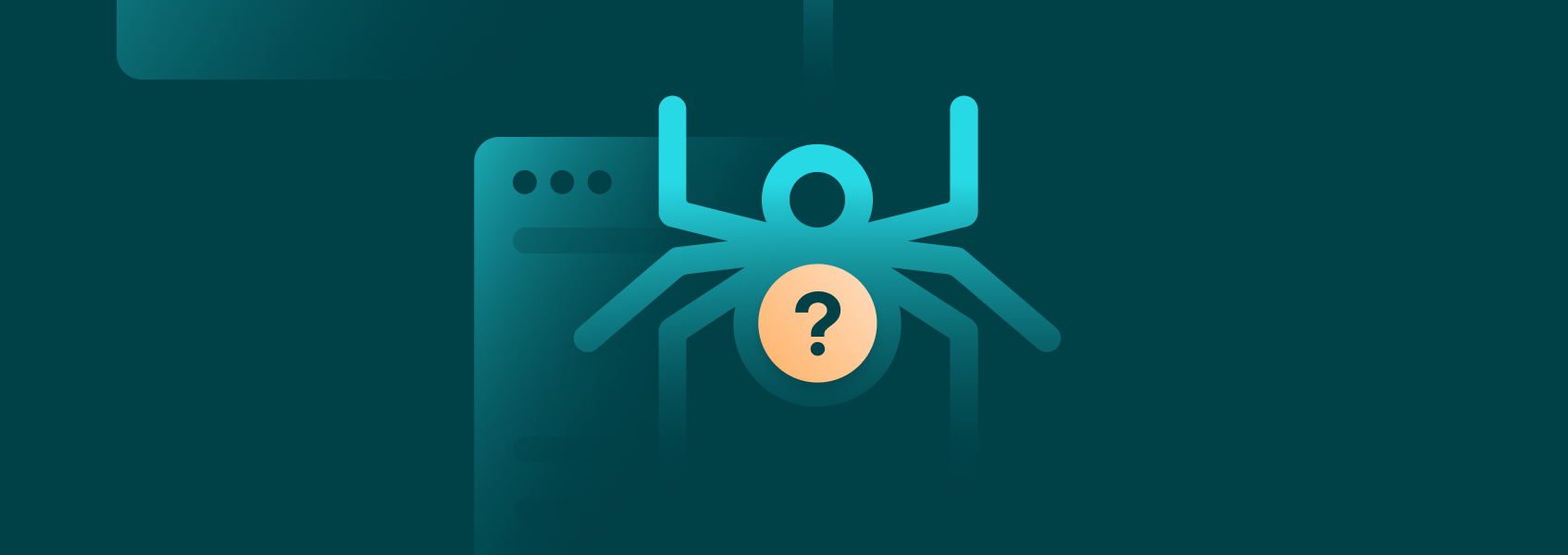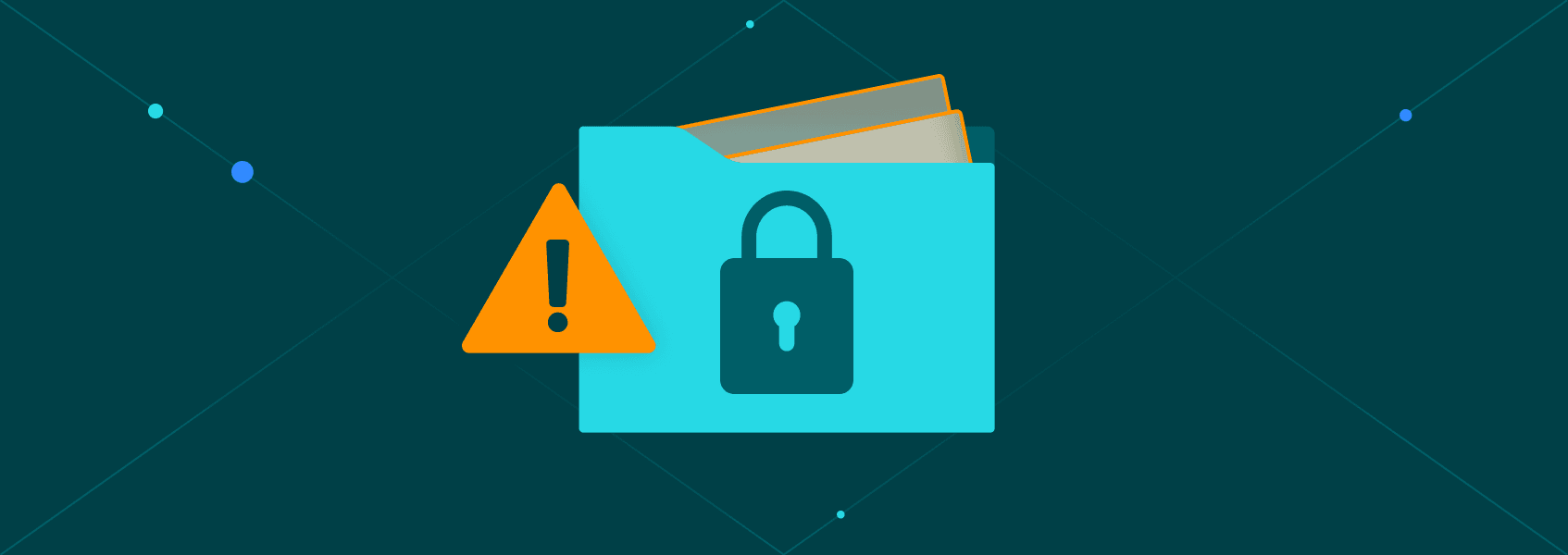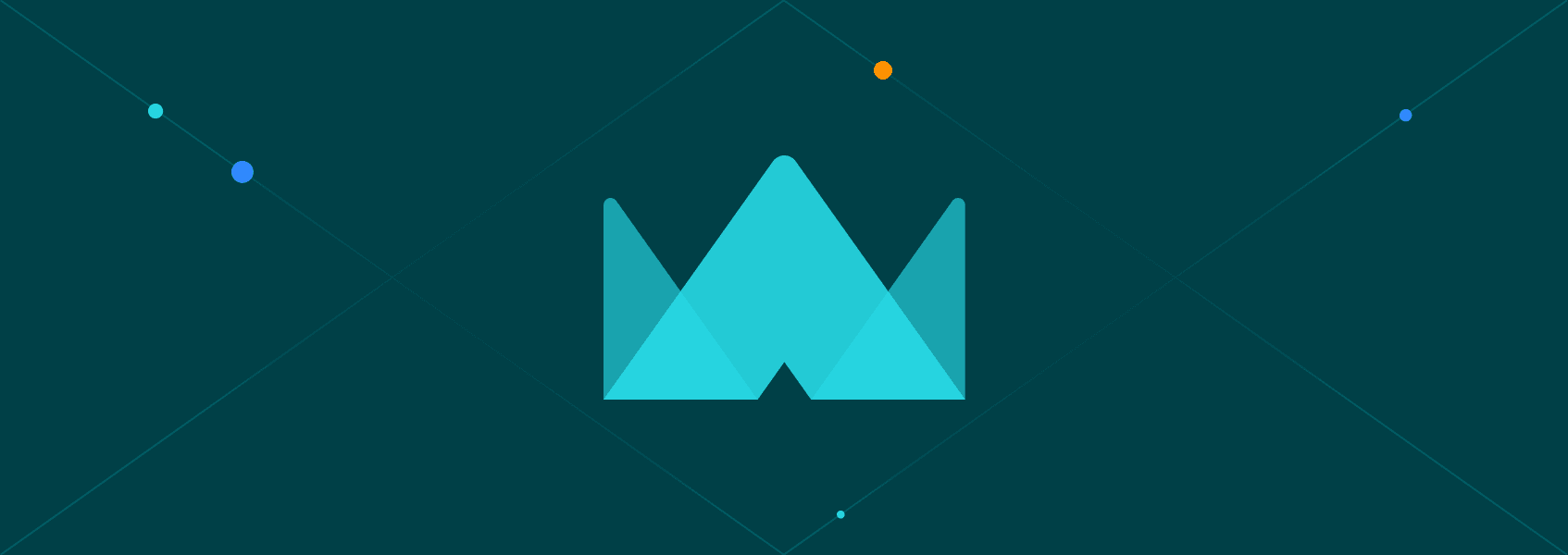What Is Web Crawling? A Simple Guide to Web Crawlers
Proxy fundamentalsThis guide explains how web crawlers help search engines display accurate results and how websites ensure their content ranks well on them.


Justas Vitaitis
Key Takeaways
-
Web crawlers scan and index websites so search engines can deliver the most relevant results.
-
Web crawlers discover and organize content, while web scrapers extract specific data from websites.
-
Optimizing your site with sitemaps, clear linking, and fast loading speeds makes it more crawlable and easier to rank.
The internet is extensive, comprising over 200 million active websites. The abundance of data makes it challenging to keep it organized, but search engines like Google are highly efficient at displaying the required information.
That’s because search engines use web crawlers to discover and index website content. Web crawlers, also called web spiders, inspect content on a website and inform search engines what it’s about. It is essential to rank well on Google and drive organic traffic, so let’s take a closer look at how they work.
What Is Web Crawling?
Web crawling is an automated process of scanning websites to discover their content and index it. Search engine web crawlers visit websites and gather selected information:
- Metadata (title tags, meta descriptions)
- Internal and external links
- Website content (paragraphs, headings)
- Image and other media information
- Page structure elements (headers, titles)
Search engines then use this data to index pages and rank them accordingly in search engine results. In turn, users who look for specific content get the most relevant suggestions first.
This process is distinctly different from web scraping . Web scrapers collect and download specific information, like commodity prices or product reviews. Web crawlers, as stated, only crawl pages to discover and index content.
What Is a Web Crawler?
A web crawler is an application developed to crawl websites, discover their content, and index it. Many prominent IT brands own web crawlers, like Google’s Googlebot, Microsoft’s Bingbot, and Amazon’s Amazonbot. Smaller businesses without the resources to develop proprietary web crawlers can also rely on free web crawling tools .
Although many similar companies also collect information while web scraping, the two processes have very significant differences. To put it short, web scraping is about downloading data, while web crawlers discover and contextualize it.
However, both processes are often combined. Web crawlers discover information following internal and external links, and web scrapers later collect specific details.
How Web Crawlers Work
Web crawlers start with a list of URLs, known as seeds or the crawl frontier. Typically, these are the homepages of selected websites. At the very beginning, they also inspect the robots.txt file. These files store information about which parts of the website are open for crawling and which ones should not be visited.
Then, web crawlers download the website’s HTML information to analyze it. Once again, the process is similar to web scraping, but has an entirely different purpose.
Web crawlers analyze the HTML data to ensure search engine rankings are as accurate as possible. Meanwhile, web scraping has other use cases, like market research or price comparison.
While fetching information, web crawlers also parse it, which means transforming unstructured data into a more structured format that search engines can use. They then send this data to the search engines’ index. Lastly, they add new links to their crawl frontier to ensure comprehensive indexing.
This is the typical flow, but it is also relatively customizable. Companies can build their own web crawlers more aligned with their business model. For example, focused web crawlers collect information only on specific topics, allowing businesses to obtain relevant data while conserving resources.
AI vs. Traditional Web Crawlers
Like in most things IT, AI has significantly changed and improved web crawlers. AI-powered web crawlers use natural language processing, machine learning, and computer vision, making it much easier for them to interpret website content.
While traditional web crawlers rely on pre-set rules, AI ones are adaptive. While their use cases overlap, AI web crawlers are now deployed for training AI models and more focused search engine development.
Is Web Crawling Legal?
Yes, crawling the web is generally legal in most cases. Web scraping is a more challenging topic that must adhere to national and international data privacy and protection laws.
On the contrary, many websites invite web crawlers, because it helps them rank on the Google search engine. If you notice your website is not ranking according to its developed structure and SEO optimization, we recommend using the Google Search Console to find and fix possible issues.
Keep in mind that web crawlers do download entire HTML documents, and how you use information within them must align with the General Data Protection Regulation and similar laws. Storing and processing personally identifiable information without consent violates these laws, so you should avoid it at all times.
How to Make Your Website Crawlable
If you’re a website owner, making it crawlable is one of the priorities to help it rank on search engines. Here are a few tips that help web crawlers index your site.
- Use clear linking
Place internal links within your website smartly. Make sure they are related by topic so that crawlers can understand what interests your website covers.
- Create a sitemap
A sitemap is an XML file that lists the essential pages on your website. You can submit it via Google Search Console to help crawlers discover content on your website.
- Create a robots.txt file
Similarly, the robots.txt file helps crawlers understand your website’s rules. You can deny access to specific sites, but make sure you do not restrict access to those sites that you want indexed.
- Optimize website loading speed
Google is very picky regarding fast website loading speed. To rank well, ensure it loads within three seconds, and aim for half a second for optimal results.
- Make it mobile-friendly
Many people use smartphones as their primary means of internet access. You will rank much better if your website has a good mobile version.
- Optimize SEO
Search engine optimization ensures that your website provides content that users are looking for . A good keyword optimization helps crawlers understand what your site is about and index it accordingly.
How to Block or Control Web Crawlers
Sometimes, you may want to restrict crawlers from accessing specific places on your site. Setting robots.txt rules is the most effective way to control what search engines index.
For example, the following code
User-agent: *
Disallow: /
prohibits all web crawlers from indexing your website. Meanwhile, the code
User-agent: Googlebot
Disallow: /client-names/
does not allow Googlebot to access a folder that stores your clients' names.
However, be particularly careful when denying access. If Googlebot cannot access too much information, it will hurt your ranking on Google's search engine.
Conclusions
Web crawlers assist search engines in discovering and indexing websites and their content. Prominent brands like Google and Amazon utilize web crawlers that help them suggest the most relevant content to their users. Additionally, tech-savvy developers can code their own crawlers with Python to tailor them to specific business needs.
Simultaneously, website owners benefit from better ranking on Google, making it a mutually beneficial situation. We recommend assisting web crawlers with an informative sitemap and setting smart robots.txt rules for optimal results.
FAQ
What’s the difference between web crawling and indexing?
Web crawling is an automated process of discovering and downloading websites. Meanwhile, indexing organizes a website's information and occurs after crawling has been completed.
Is crawling the same as scraping?
No, crawling is not the same as scraping. While web crawling is about discovering and indexing websites, web scraping specifically collects targeted content from those websites.
What’s the purpose of a web crawler?
The purpose of a web crawler is to discover websites and their content, analyze and index it for more accurate ranking on search engines.
How often do search engines crawl websites?
How do crawlers know which pages to visit?
Crawlers start with seed URLs, also known as the crawl frontier. Later, they add new links to the frontier, which they discover during previous crawls. Also, web crawlers inspect the robots.txt file to know which parts should not be indexed.

